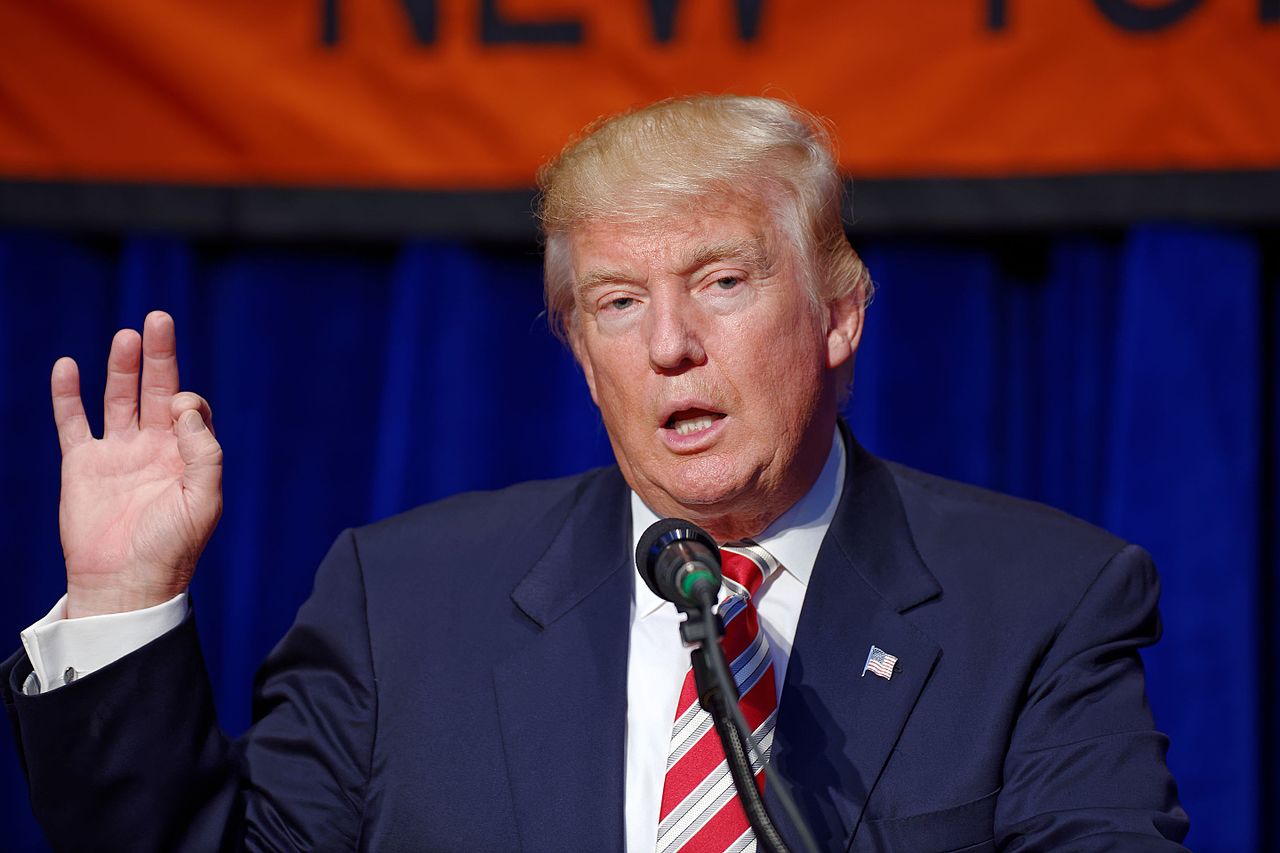Trumponomics Update, May 17, 2017
 Join hundreds of advisors from huge brokerage firms like Morgan Stanley, Merrill Lynch, Wells Fargo Advisors, Raymond James and more… see if The Sevens Report is right for you.
Join hundreds of advisors from huge brokerage firms like Morgan Stanley, Merrill Lynch, Wells Fargo Advisors, Raymond James and more… see if The Sevens Report is right for you.
Politics remains a deafening influence on the markets in 2017, but amidst the ongoing circus (which again got bigger overnight) I wanted to step back and take a look at the current state of the Trumpenomics agenda, revise current markets expectations, and re-examine what will create positive or negative political surprises for stocks over the coming months and quarters.
For specific ETF winners and losers depending on how these events resolve themselves in the coming months, subscribe to the free two-week trial of the Sevens Report.
Finally, I want to provide some independent context to the recent political headlines. First, they are net negative because they are causing some Republicans to start to distance themselves from Trump, and that reduces the chances of tax cuts. Second, if there was some crime committed (obstruction of justice, etc.) that is clearly a bearish gamechanger—but we are not there yet. Third, impeachment claims are currently overblown. It’s a Republican Congress and Congress must decide impeachment. Every Republican, at this point, has a better chance of getting re-elected if they pass tax cuts rather than dump Trump, and we can always count on politicians to focus on their re-employment. Bottom line, these never ending headlines are a headwind on stocks, but they are not a bearish gamechanger, yet.
Trumponomics Pillar 1: Tax Cuts
What Was Expected By Markets: An agreement in principle by the August Congressional recess to cut corporate taxes to the low-20% range, and include a one time, 10% repatriation tax holiday for foreign profits.
Reality: Nothing. There has been little-to-no progress on the tax issue, and major sticking points remain between Republicans, including border adjustments and removing interest deductibility for corporations.
Market Impact: So far, stocks have generally weathered the ineptitude here because there is still the broad expectation that there will be corporate tax reform before the mid-terms in 2018 (people are now pointing to Q1 2018).
Current Expectation: A small corporate tax cut into the high-20% range in place by Q1 2018, and some foreign profit tax repatriation holiday (around 10% tax rate).
Bullish If: Withheld for subscribers. Sign up for your free trial today.
Bearish If: Withheld for subscribers. Sign up for your free trial today.
Trumponomics Pillar 2: Deregulation (Especially Obamacare)
What Was Expected: Repeal and replacement of Obamacare in the first 100 days; massive deregulation via executive order, especially regarding environmental regulations.
Reality: Virtually nothing. While the House passed an Obamacare repeal/replace, there is no credible path for the legislation to make it out of the Senate. Meanwhile, there has been progress on reducing one-off regulations, but it’s not the type of large-scale deregulation that will ignite economic growth.
Market Impact: Healthcare has outperformed on the reduction of political risk (XLV, IHF, IBB). Overall, however, no macro impact.
Current Expectation: Not much. The healthcare bill is in limbo, and there’s no expectation of a Obamacare repeal/replace anytime soon. Meanwhile, Dodd-Frank banking regulations remain largely in place and it’s unlikely we’ll see a large overhaul of that legislation, either (that’s anecdotally negative for regional banks as they bear an outsized compliance burden compared to money center banks).
Bullish If: Withheld for subscribers. Sign up for your free trial today.
Bearish If: Withheld for subscribers. Sign up for your free trial today.
Trumponomics Pillar 3: Infrastructure Spending
What Was Expected: $1 trillion over a 10-year period (this was always an exaggeration, but a lot was potentially expected).
Reality: Virtually nothing. Infrastructure spending has been soundly buried between the healthcare drama, tax cut bickering, and the constant media battles emanating from the White House.
Market Impact: Infrastructure stocks that rallied hard following the election have lagged so far in 2017, but this hasn’t had any macro impact on markets.
Current Expectation: Nothing. Some hope that we will see a bipartisan infrastructure bill by Q2 2018, but it’s so buried by everything else right now that’s not very likely.
Bullish If: Withheld for subscribers. Sign up for your free trial today.
Bearish If: Withheld for subscribers. Sign up for your free trial today.
Bottom Line
Earnings and economics have helped to offset any Trumponomics disappointment as Q1 earnings were strong, and $138 2018 S&P 500 EPS is supporting stocks in the face of repeated Washington failures. Meanwhile, economic data has been “fine” on an absolute basis despite the slight loss of momentum recently.
Point being, markets have been lucky that earnings and economics have provided a shock absorber for the policy disappointment; but considerable risks remain should no further policy progress occur in the coming months and quarters, and given the seemingly unending scandalous headlines emanating from the White House, the probability of nothing happening is rising.
If we do not see real political progress by the end of ’17 or ’18, then its unlikely that economic growth will be able to hold up as the uncertainty surrounding these policies will begin to act as a headwind.
Get the simple talking points you need to strengthen your client relationships. Get your free trial today.








